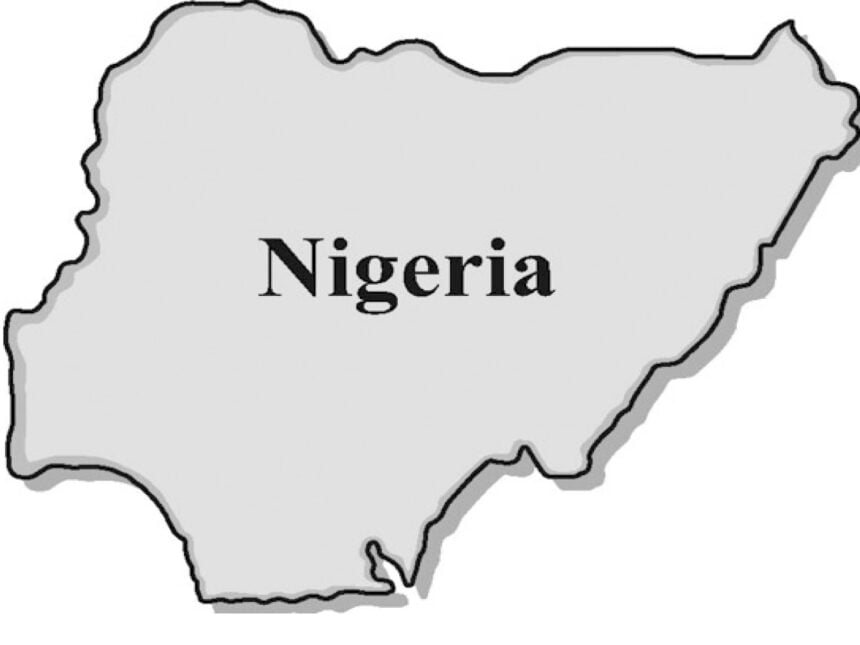By Peter O. Aro
THE recent presidential assent to the establishment of the Nigerian Forest Security Service (NFSS) is a watershed moment in Nigeria’s long struggle to reclaim its forests from criminality, impunity, and environmental desecration. After rigorous legislative processes and fervent debates, this bold step by the presidency marks a triumph for those who have long advocated for a specialized and structured response to forest insecurity, a silent war that has birthed kidnappings, terror networks, and illegal economic activities across vast stretches of our national territory. Yet, even as we celebrate this important milestone, we must pause to reflect on the choices being made at the very genesis of this organization. There is no second chance to start right. If the Nigerian Forest Security Service is not grounded in clarity, vision, and credible operational autonomy from the outset, the cracks that emerge now will become gaping voids tomorrow. Indeed, the trajectory of success or failure will be determined not by the law alone, but by the very spirit and structure with which it is implemented.
The presidency has directed that the Ministry of Environment and the Office of the National Security Adviser (ONSA) shall serve as the lead supervisory agencies. This, on the surface, may appear to be a sound administrative structure, but we must interrogate its practical wisdom. Are we truly serious about building an effective, agile, and mission-driven security outfit when two heavy bureaucracies are set to superintend over one emerging body? It raises critical concerns about divided oversight, unclear chains of command, and eventual power struggles, especially considering the procurement, recruitment, and internal controls that accompany such an outfit. To assign both the Ministry of Environment and the ONSA as co-supervisors is not just redundant, it is potentially destabilizing. Forests are not mere ecological spaces; they are theatres of conflict, safe havens for insurgents, and gateways for transnational crimes. While the Ministry of Environment brings administrative legitimacy, the ONSA is already saddled with high-level strategic coordination across the country’s defense and intelligence architecture. Adding direct supervisory responsibility for a specialized field agency to the ONSA’s plate is neither strategic nor sustainable. According to the National Security Agencies Act and national practice, the *NSA is tasked with coordinating intelligence, assessing threats, advising the President, and supervising intelligence agencies, not conducting recruitment or micro-managing paramilitary services.*
Why then should the NSA be handed the task of recruitment, an operational task far beneath its purview? The risk is clear: politicization, favoritism, and a dilution of the tight vetting protocols that have already been instituted within the existing NFSS structure. This is not a hypothetical concern. Long before government approval, the NFSS, then functioning as a private security company, had already built an internal system of trust, discipline, and competence. With over 3,000 personnel in each state of the federation, including Abuja, on ground today, including highly motivated and battle-tested traditional hunters and forest operatives, they have demonstrated a capacity for real impact. Their work along the Abuja–Kaduna rail corridor is a testimony to what dedicated and grounded structures can achieve. Their personnel were not handed uniforms; they were recruited, vetted, and trained based on community intelligence, resilience, and operational history. It is important to acknowledge the relentless leadership of the Commandant-General, whose personal sacrifice: financial and moral, played a pivotal role in birthing this dream. It was on the basis of these sacrifices and demonstrable field successes that the government saw the value in transitioning the NFSS into a national outfit under public control. The decision to place it under the Ministry of Environment was, in that context, to maintain administrative harmony, not to open it to dual control or elite interference.
We must therefore ask again: Are we genuinely interested in achieving security within our forests, or are we merely expanding bureaucracies for influence and procurement opportunities? Do we want results or rituals? Let us learn from the past. The Nigeria Security and Civil Defence Corps (NSCDC) was given a chance to evolve through its original framework before becoming the formidable agency it is today. That same courtesy must be extended to the NFSS. It should be allowed to continue recruiting through its proven system, an approach that has already yielded results in collaboration with national security forces. Let it be known: if this agency is started on a foundation of confusion, it will end in failure. If its mission to secure our forests is compromised by power tussles or political appointments, it will be another expensive façade. But if we honour the history of its development, the integrity of its leaders, and the existing command structures, then we may have just given Nigeria one of its most important instruments for securing her forests, her people, and her future.
Let us begin right, without confusion, without interference, and without forgetting the truth that the forest does not forgive weakness. The contest for lead agency and control of resources could certainly hinder output.
•Brigadier-General Aro (retd), MNI, writes in from Abuja.
READ ALSO: Passage of Forest Security Service bill, landmark move against insecurity – Oshotumehin






